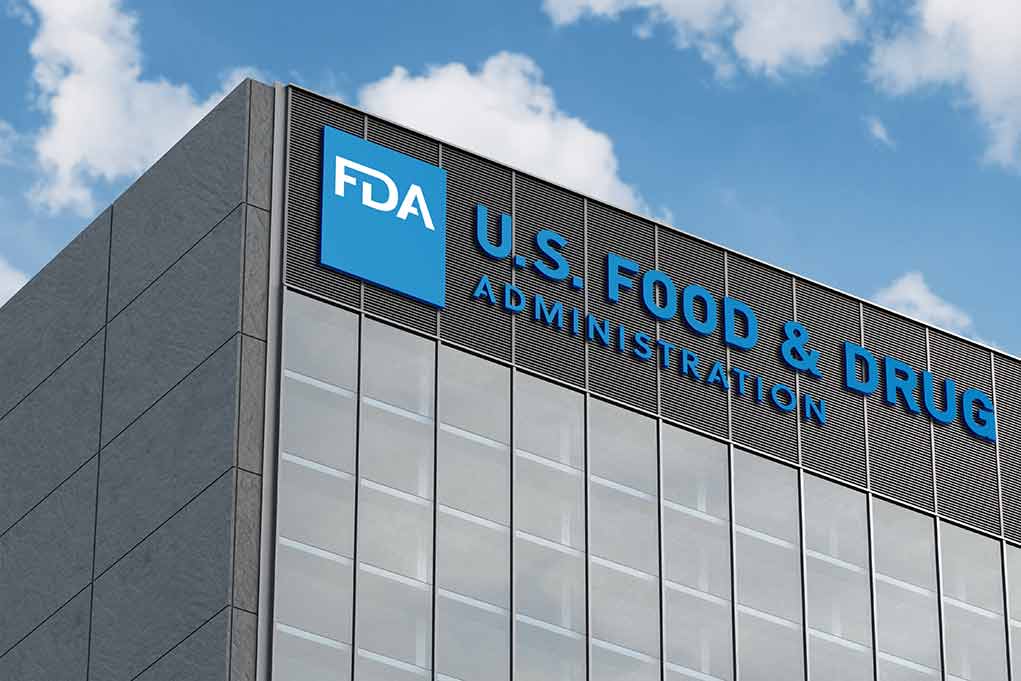
President Trump’s executive orders to overhaul the biosimilar approval process could save Americans billions while Big Pharma fights to maintain their stranglehold on life-saving medications.
Key Takeaways
- Since 2015, biosimilars have saved approximately $36 billion and provided over 495 million days of patient therapy despite regulatory hurdles.
- Current FDA requirements for biosimilars include unnecessary clinical trials that can cost $50-150 million, drastically limiting market competition.
- President Trump signed two executive orders in 2025 targeting prescription drug costs and empowering the FDA to accelerate biosimilar approvals.
- Only 10% of 118 biologic medications losing patent protection over the next decade have biosimilar competitors in development.
- Modernizing approval processes could increase competition and lower costs while maintaining safety standards, as already demonstrated in Europe.
How Outdated Regulations Keep Life-Saving Drugs Expensive
The biosimilar market in America remains largely untapped due to outdated regulatory frameworks that haven’t kept pace with scientific advancements. Biosimilars—medications that are highly similar to existing FDA-approved biological products—offer the same safety and effectiveness as their reference products but at significantly lower costs. Despite their potential to transform healthcare affordability, these medications face unnecessary regulatory barriers that limit their market entry and keep prices artificially high for American patients who need them most.
Current FDA regulations mandate extensive clinical trials for biosimilars that often duplicate studies already performed on the reference product. These redundant requirements can account for half of a biosimilar’s total development costs, which typically range from $100-300 million. The excessive regulatory burden means fewer companies can afford to develop these alternatives, allowing original biologics to maintain market dominance and keeping prices elevated for treatments that millions of Americans depend on for serious conditions like cancer, rheumatoid arthritis, and other autoimmune diseases.
Are you tired of paying too much for medications?
I just introduced a bill to make your prescription drugs more affordable: The Biosimilar Red Tape Elimination Act.
“Biosimilars” – generic alternatives to name-brand medications – have the potential to significantly reduce the…
— Mike Lee (@SenMikeLee) June 9, 2025
Trump Administration Taking Direct Action on Drug Prices
President Trump has made lowering prescription drug costs a cornerstone of his administration’s healthcare policy. In 2025, he signed two executive orders directly targeting the pharmaceutical industry’s pricing practices. The first order, titled “Lowering Drug Prices by Once Again Putting Americans First,” addresses twelve critical areas related to drug pricing and directs federal agencies to implement solutions that benefit American patients rather than pharmaceutical company profits. This comprehensive approach demonstrates the administration’s commitment to healthcare affordability as a key policy priority.
“Biosimilar streamlining isn’t just a bureaucratic fix or a regulatory refinement, it is a critical solution to address the ‘biosimilar void,’ bringing high-quality, affordable medicines to market more quickly and giving patients better, faster access to the treatments they need,” said the Biosimilars Council.
The May 12th executive order, “Delivering Most-Favored Nation Prescription Drug Pricing to American Patients,” further targets drug affordability through importation programs and anti-competition measures. This order specifically directs the FDA to “take steps to streamline and improve the Importation Program under section 804 of the Federal Food, Drug, and Cosmetic Act to make it easier for States to obtain approval without sacrificing safety or quality.” The President’s focus on streamlining regulatory pathways represents a direct challenge to pharmaceutical companies that have exploited the complex approval process to maintain artificially high prices.
The Massive Savings Potential of Biosimilar Reform
The economic impact of biosimilar streamlining cannot be overstated. Since the FDA approved the first biosimilar in 2015, these medications have already saved approximately $36 billion while providing over 495 million days of patient therapy. However, this represents only a fraction of the potential savings. The current regulatory framework has created what industry experts call a “biosimilar void”—a market failure where biologics lose patent protection but face minimal competition from lower-cost alternatives due to regulatory barriers.
“Imagine a world where cutting-edge medicines developed to treat complex conditions like cancer and autoimmune diseases reach patients faster and at a lower cost,” said the Biosimilars Council.
This market failure is reflected in alarming statistics: only 10% of the 118 biologic medications set to lose patent protection over the next decade currently have biosimilar competitors in development. With development costs ranging from $100-300 million per biosimilar—compared to $10-30 million for traditional generic drugs—the economic barriers are simply too high for many potential manufacturers. By adopting modern scientific approaches and eliminating unnecessary clinical trials, the FDA could dramatically increase competition, drive down prices, and ensure Americans have access to affordable versions of critical medications.
Following Europe’s Successful Model
While the United States continues to struggle with biosimilar adoption, the European Medicines Agency (EMA) has successfully modernized its approach. European regulators now rely more heavily on advanced analytical methods and pharmacokinetic data, eliminating redundant clinical trials where appropriate science demonstrates they’re unnecessary. This science-based approach has resulted in more biosimilars reaching European markets faster and at lower costs while maintaining rigorous safety and efficacy standards—providing a clear roadmap for American reform.
Congressional leaders including Senators Rand Paul and Mike Lee have been advocating for similar reforms in the U.S. healthcare system. Their proposed legislation would direct the FDA to adopt more efficient pathways for biosimilar approval without compromising safety or effectiveness. These reforms represent a rare opportunity for bipartisan progress on healthcare costs, as both conservatives and progressives can agree that Americans shouldn’t pay inflated prices for medications due to outdated regulatory requirements that no longer serve their intended purpose of protecting public health.
For millions of Americans struggling with the high cost of biologic medications, these reforms can’t come soon enough. By modernizing the regulatory pathway for biosimilars, the Trump administration has an opportunity to deliver meaningful healthcare savings while maintaining America’s gold standard for medical safety. The science is clear, the economic benefits are substantial, and the need is urgent—it’s time for our regulatory framework to catch up with modern medical science.




